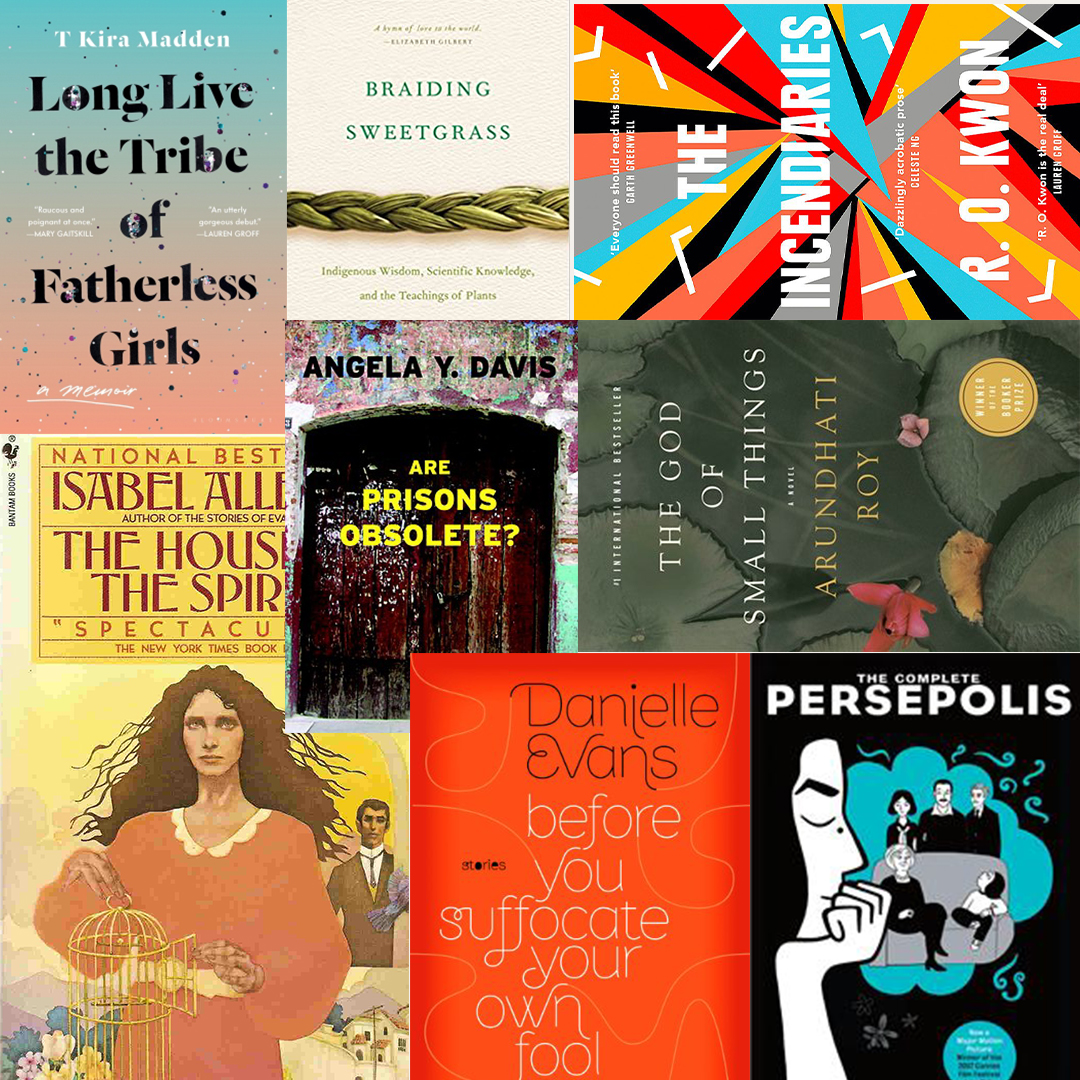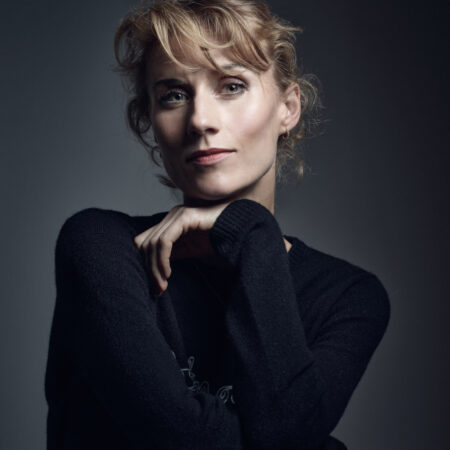It is no secret that female creators are frequently undervalued compared to their male counterparts. Earlier this year, the Academy Awards once again (for the 87th time in the ceremony’s 92-year-long history) failed to nominate a female director. Meanwhile on Broadway, in its 2016-2017 season, 89 percent of playwrights were male. And in its 2018 survey, the VIDA Count found that only 3 of 15 major literary publications published more women writers than men.
Yet, when asked to create a list of our favorite books, films, and plays, the works that immediately come to mind are created by women—women who, despite having won prestigious prizes, written multiple best sellers, or hit box office records, are often considered forgotten. From Angela Davis’ Are Prisons Obsolete? to Patricia Cardoso’s Real Women Have Curves, we have curated some of the works by women whose greatness deserves revisiting.
Films
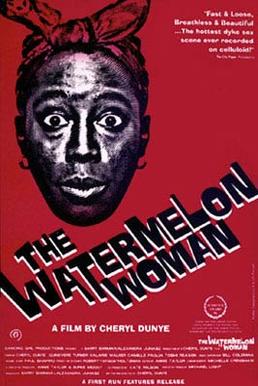
The Watermelon Woman (1997)
The first feature film directed by Cheryl Dunye, The Watermelon Woman follows the life of Cheryl, a young black lesbian working as a clerk in a video store while struggling to make a documentary about an obscure black actress from the 1930s called Fae Richards. Cheryl’s research leads her to discover that Richards (known popularly as “the Watermelon Woman”) had a white lesbian lover—a surprising commonality between the filmmaker and the actress. Part of the permanent cinema collection at the Museum of Modern Art (MoMA) in New York City, the film became an instant cult classic.
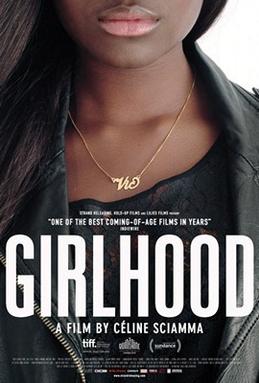
Girlhood (2014)
Writer and director Cèline Sciamma (known for her films Portrait of a Lady on Fire (2019) and Tomboy (2011)) captures the stories of black teenage girls in a way that had not been seen before in French cinema for this coming-of-age film starring Karidja Touré. Focused on the life of Marieme, a girl who lives in a poor Paris neighborhood with an abusive family and decides to start a new life after encountering a group of free-spirited girls, the film centers on the fluidity of gender and sexual identity and the exuberance of adolescence. Marieme changes her outward appearance, her name, leaves school and begins to steal in order to be accepted into the girl gang. When her situation at home becomes unbearable, Marieme seeks the solace of an older man who promises her money and protection. Soon, she begins making brave and reckless choices.

The Piano (1993)
Jane Campion, the first and only female filmmaker to receive the Palme d’Or, won the Academy Award for Best Original Screenplay, and became the second of only five women ever nominated for Best Director, for her 1993 period drama The Piano. Set in the recently colonized New Zealand during the early 20th century, Ada (Holly Hunter) is sent to the island’s rugged West Coast along with her young mute daughter Flora (Anna Paquin) and prized piano, for an arranged marriage to a wealthy frontiersman, Alisdair Stewart (Sam Neill). The plot thickens as Ada soon becomes intrigued by a local worker, George Baines (Harvey Keitel).

Real Women Have Curves (2002)
At 18 years old, Ana Garcia (America Ferrera) has dreams of going off to college and living a wealthy and full life that aligns with her principles. However, Ana ‘s dreams are suddenly put on pause when her family puts her to work in her sister’s overheated textile factory for the summer. Directed by Patricia Cardoso, an award-winning director, writer, and producer, and the first Latinx woman to receive a Sundance Audience Award, Real Women Have Curves was a box office success and widely praised amongst critics. In 2019, the film—a story of self-acceptance, self-love, and the importance of family—was chosen by the Library of Congress for preservation in the National Film Registry for being “culturally, historically, or aesthetically significant.”
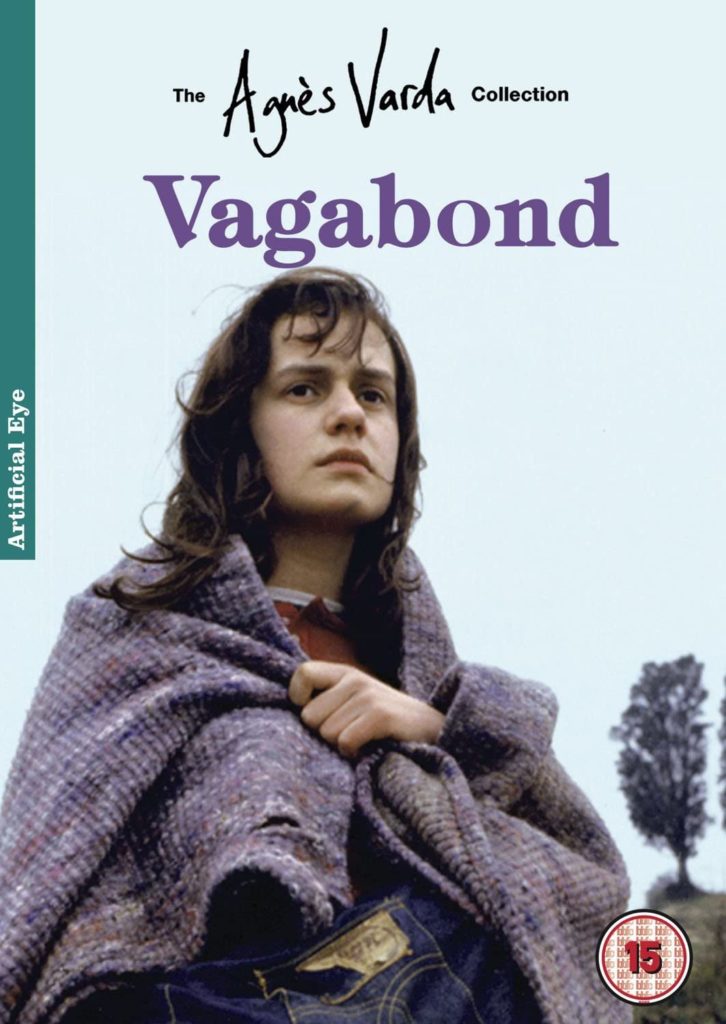
Vagabond (1985)
Agnès Varda won the Golden Lion at the Venice Film Festival for Vagabond, a film that chronicles the death and subsequential murder investigation of a young woman. Considered one of Varga’s more feminist works, due to its “de-fetishization of the female body from the male perspective,” Vagabond was the 36th highest-grossing film of 1985. The Belgian-born French filmmaker began her directing career during a time when the idea of women pursuing such a path was practically unheard of, and she eventually became known as the pioneer of the widely influential French New Wave cinema. In 2017, Varda became the first female director to receive the prestigious Academy Honorary Award.
Books
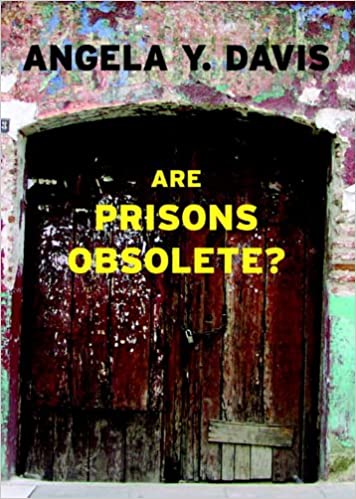
Are Prisons Obsolete? (2003)
While Angela Davis is a well-known American political activist, the importance of her 2003 book, Are Prisons Obsolete? is often overlooked. In it, Davis imagines a world without slavery; a world that focuses on true rehabilitation over incarceration. In her argument to abolish the current justice system, Davis delineates the history of prisons leading up to the present and illuminates the ways in which they continue to perpetuate racism and sexism.

Before You Suffocate Your Own Fool Self (2010)
This collection of eight short stories offers a bold new perspective on the experience of being a young African-American or mixed-race person in modern-day America. Strong characters are placed in scenarios that test their resilience, but the ultimate challenge they face, as the title cleverly suggests, is often their own selves. Author Danielle Evans, who has appeared in two volumes of “Best American Short Stories,” urges you to reflect on life, the human condition, and the way our perspectives can dramatically impact the way we live.

The Incendiaries (2018)
A fractured love story that took 10 years to write, this 2018 novel was inspired by author R. O. Kwon’s own loss of faith in God at the age of 17. Full of propulsive tension that gives readers a brilliant examination into the minds of extremist terrorists, the story follows the lives of two individually flawed young lovers, Phoebe Lin and Will Kendall, who meet at an elite American university. Phoebe is drawn into acts of domestic terrorism by a cult tied to North Korea, while Will struggles to understand her choices. At its core, this is a powerful yet unsettling novel of love, faith, and loss.

The God of Small Things (1997)
This Booker Prize-winning novel is a wonderful, image-rich story told over several generations of a family in India, focusing on forbidden love within the caste system and memorable, multi-layered characters. Written in masterful prose anchored to anguish, but fueled by magic, Arundhati Roy weaves a poignant story about the loss of innocence and the far-reaching devastation caused by the aftermath of one tragic event.
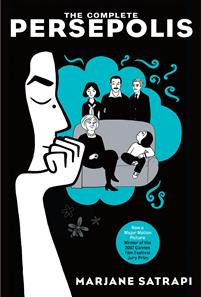
The Complete Persepolis (2000)
This coming-of-age graphic memoir, published in 2000, follows the story of author Marjane Satrapi’s unforgettable childhood in Tehran during the 1979 Islamic Revolution. Awarded to Newsweek’s Ten Best Fiction books list, the autobiographical series of comics is filled with universal themes centered around the obstacles and joys of getting older and gives readers an intimate look into girlhood entwined with the history of Iran.

Braiding Sweetgrass: Indigenous Wisdom, Scientific Knowledge, and the Teachings of Plants (2013)
One of the most important books you’ll read this year, poet and scientist Robin Wall Kimmerer’s non-fiction brings plants and botany, as seen through the lens of Native American traditions and Western science, to the fore. In an attempt to renew the connection between human beings and nature, Wall Kimmerer shares stories from Potawatomi ancestors to illustrate the forgotten culture of gratitude, illuminating our reciprocal relationship with the natural world and how it can lead to greater ecological consciousness.
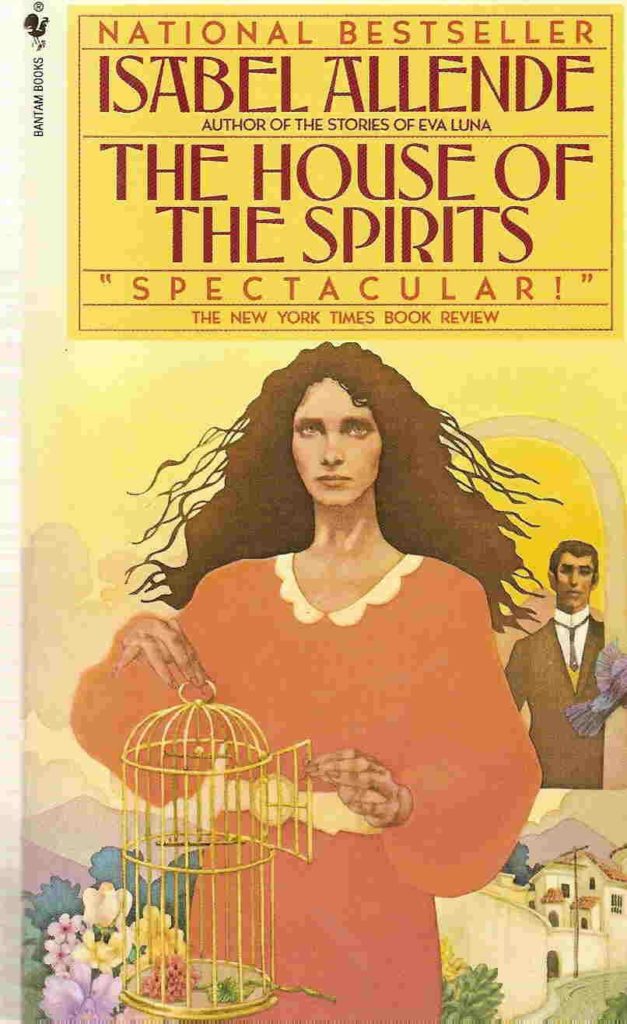
The House of Spirits (1982)
This critically acclaimed novel, rejected by several Spanish-language publishers before being published in Buenos Aires in 1982, became an instant best-seller. Written by Isabel Allende, The House of Spirits covers three generations of Trueba women—Clara, Blanca, and Alba Del Valle Trueba—with a man as the common thread between them. The story details the family’s moments of anguish and joy while serving as an allegory for the history of Chile from post-WWI up until the Pinochet coup, which overthrew the conservative government in 1973. Without a doubt, Allende creates one of the most important and beloved Latin American works of the 20th century.
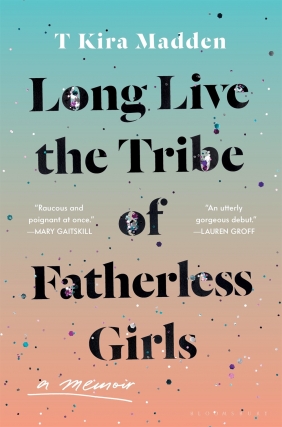
Long Live the Tribe of Fatherless Girls: A Memoir (2019)
A powerful coming-of-age story of a biracial, queer teenager navigating her place in the white-washed, wealthy town of Boca Raton whilst coping with the emotional consequences of losing her father, T Kira Madden’s moving memoir explores addiction, sexuality, trauma, and forgiveness. Named one of the best books of 2019 by Esquire, Oprah Magazine, Variety, and Lit Hub, Long Live the Tribe of Fatherless Girls: A Memoir dissects coming to terms with the complex—yet inherently linked—relationship between one’s own personal identity and that of one’s family’s.
Plays

How I Learned to Drive (1997)
The play tells the story of a woman called Li’l Bit as she comes to terms with her sexually abusive relationship with her aunt’s husband, Uncle Peck, from her pre-adolescence years up to college and beyond. Vogel uses the metaphor of driving to address the issues of incest, misogyny, and pedophilia in order to explore the ideas of control and manipulation.

Top Girls (1982)
Set in Britain during the early 1980s, Top Girls examines the issue of what it means to be a successful woman. Considered one of the first plays to directly engage with Thatcherism (a political philosophy that essentially restricts the power of the government by advocating for individuals’ right to exercise their own choices and take responsibility for their own lives), the play is centered around Marlene, a career-driven woman who is the head of an employment agency in London and heavily invested in women’s success in business. British playwright Caryl Churchill, who often dramatizes the abuse of powers and takes on feminist issues and sexual politics in her audacious plays, uses historical characters in the opening scene to explore different aspects of women’s social achievement, before shifting to underline the roles available to women in modern society and what it takes for women to succeed.

For Colored Girls Who Have Considered Suicide / When The Rainbow is Enuf (1976)
This Obie-award winning play consists of poetic monologues accompanied by dance movements and music that tells the stories of seven nameless African-American women. Their survival stories address subjects of abandonment, abortion, rape, and domestic violence, however, this elegy for black women—written by renowned novelist, black feminist poet, and playwright Ntozake Shange—is not driven by sorrow but rather courage, revealing what it means to be a woman of color and female in the 20th century.
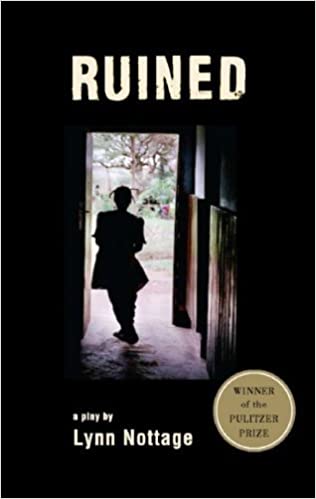
Ruined (2009)
Winner of the 2009 Pulitzer Prize for Drama, Ruined shows the plight of a woman named Mama Nadi in the Democratic Republic of Congo during times of civil war. The drama, which strongly advocates for the eradication of rape as a weapon in warfare, compels audience members to face the horrors of war while showing the forms of violence that women are subjected to in the midst of the fighting. Lynn Nottage, an Obie-award winning author whose work is widely acclaimed by critics for its genius, remains the first and only woman to have won the Pulitzer Prize for Drama twice: Sweat (2017) and Ruined (2009).

A Raisin in the Sun (1959)
Awarded the best play of 1959 by The New York Drama Critics’ Circle, A Raisin in the Sun follows the lives of a working-class black family on the south side of Chicago in the 1940s. It’s an intimate look into the experiences of racial harassment as the family attempts to improve their financial circumstances by moving into a white neighborhood with an insurance payout following the death of their father. Lorraine Vivian Hansberry’s landmark drama was one of the first plays on Broadway to examine African-American life on the cusp of the civil rights era. She was the first African-American female author to have a play performed on Broadway and the youngest American to win the New York Critics’ award. She passed away at the young age of 34 due to pancreatic cancer, but A Raisin in the Sun remains one of the hallmarks of the American stage.

In The Next Room (or The Vibrator Play) (2009)
This Tony Award-nominated play looks at the early history of the vibrator when doctors allegedly used it as a clinical device to bring women to orgasm as treatment for “hysteria”—a common diagnosis given to women in the Victorian era. Provocative yet charming, In The Next Room (or The Vibrator Play) is a comedy about female sexual desire, intimacy, and equality. Two of Sarah Ruhl’s plays have been finalists for the Pulitzer Prize for Drama, with many of them being produced on Broadway and internationally; they have also been translated into 12 languages.
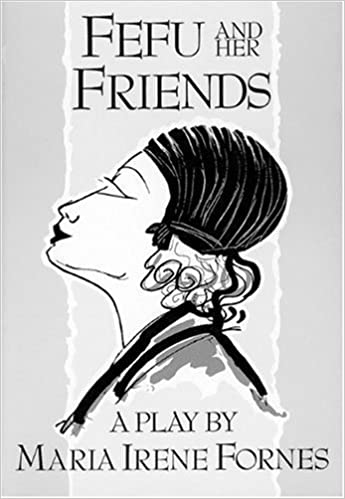
Fefu and Her Friends (1977)
Known for its alternative staging and use of a solely female cast, Fefu and Her Friends is considered a key work of the American avant-garde. The production of this play often divides the audience into four groups (as the play is written) and has them move around the auditorium where they can each experience the story in a different order and setting. Playwright María Irene Fornés—who has been called the “greatest and least-known dramatist of our time”—uses an unusual format that relies on realism to explore themes of gender, sexuality, and love between women.
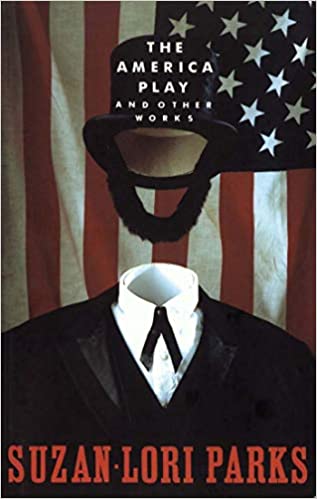
The America Play (1993)
Written by the first African American woman to win the 2002 Pulitzer Prize in Drama, The America Play follows a former gravedigger who left his wife and son to head west to work as a black President Lincoln impersonator. He charges customers to take part in a reenactment of Lincoln’s assassination and soon realizes that the fantasy of shooting the president is a successful money-maker. Praised for its humor and concurrent profundity, Suzan-Lori Parks’ work portrays black suffering in the context of a white narrative, highlighting the way black identity remains an inalienable part of American identity.

What the Constitution Means to Me (2017)
This play breathes new life into the American Constitution by tracing the profound relationship between four generations of women and the ways in which the founding document has shaped their lives. Written by Tony award-nominated Heidi Schreck, What the Constitution Means to Me oscillates between the present-day and her 15-year-old self as a Constitutional debater in 1989. It’s a hilarious and hopeful play (which won an Obie Award for Best New American Play, the New York Drama Critics’ Circle Award for Best American Play, and an Off-Broadway Alliance Award for Best New Play) that manages to tackle heavy themes such as women’s rights, immigration, and domestic abuse.
